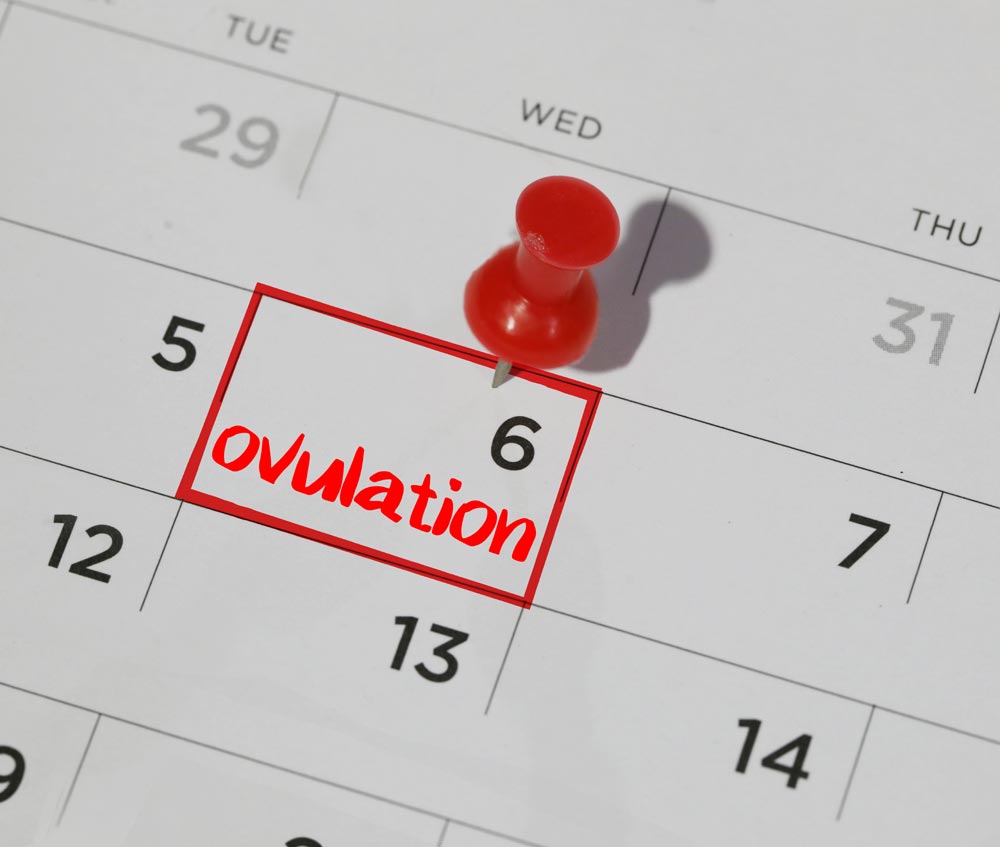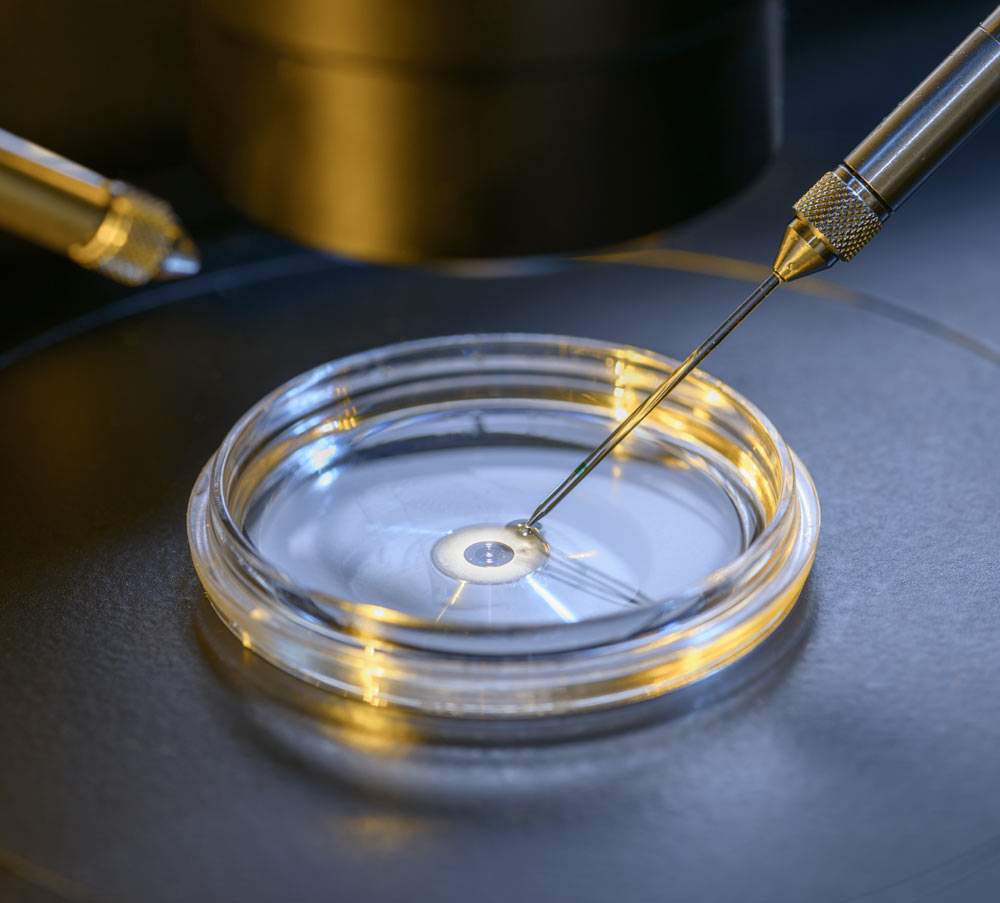IVF, IUI and ICSI services
IVF, IUI and ICSI Services
There are many pathways to pregnancies – here are some of the treatment options.
Timed sexual intercourse (TSI)
You can boost your chances of falling pregnant if you time sexual intercourse to coincide with the most fertile day in your cycle. With this in mind, you may be given medication to stimulate your ovaries to produce one or two mature follicles, or your natural cycle will be monitored. You may have a pelvic ultrasound near ovulation time to show developing follicles and determine the best days to have intercourse, thereby maximising the prospects of fertilisation.

Ovulation induction (OI)
The principle of Ovulation Induction (OI) is to stimulate the ovaries (with fertility drugs) to produce a small number of eggs, and to allow fertilisation to occur by natural intercourse or Intra-Uterine Insemination (IUI). Women most suited to this technique are those with hormonal disorders and a condition known as Polycystic Ovary Syndrome (PCOS). Crucial for success is that intercourse or insemination is timed to coincide with ovulation that treatment has achieved. Monitoring of the response to the procedure is, therefore, a vital part of the program, to maximise the chance of a successful pregnancy and minimise any risks.

Intra-uterine insemination (IUI)
Intra-Uterine Insemination (IUI) involves inserting sperm into your uterus. This is done with a fine tube that is inserted into the opening of your uterus (cervix), where the “prepared’’ sperm is gently transferred inside. Insemination is usually timed to your natural cycle.
However, if there is difficulty with ovulation, eggs can be released using the Ovulation Induction (OI) method. This procedure, for which you do not need an anaesthetic, is usually carried out in my rooms and you will be able to return home the same day.
In vitro fertilisation (IVF)
Familiar to many people simply as IVF, this is the best known fertility procedure.
With IVF, your ovaries are stimulated to produce more eggs than in a natural cycle. Then the eggs are collected during a minor surgical procedure, for which you’ll be given a general anaesthetic. The eggs are then fertilised in the laboratory and the resulting embryos are incubated for two to five days. The healthiest embryo is transferred to your uterus, in
a simple outpatient procedure. The remaining embryos can be frozen for use at a later time.
Intracytoplasmic sperm injection (ICSI) with sperm slow
Intracytoplasmic Sperm Injection (ICSI) is an IVF technique, where a single sperm is injected directly into an egg. This technique is usually used for treatment of severe cases of male-factor fertility, e.g. low sperm quality, low number of sperm or if sperm has been surgically retrieved, i.e. testicular aspirate for azoospermic / vasectomy patients. A medium called Sperm Slow is used during sperm selection. By using this technique the scientists are preferentially using the better-quality sperm. This method is also known as PICSI and is standard practice with no additional costs. As with IVF, once the egg is fertilised, the embryos are incubated, then transferred back to you.

If you have any questions or would simply like to speak to someone, please contact us
Or fill out the form below
If you are an existing patient, please call 1300 799 784
Enquiries


